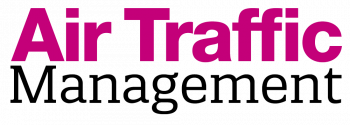A public-private initiation has been created in support of aviation’s decarbonisation goals. The Destination 2050 program is supported by 35 European countries, 146 industry stakeholders and five leading European aviation associations. The goal is to achieve net zero CO2 emissions by 2050.
Topics that are already underway include improvements in aircraft and engine technologies, the development of sustainable aviation fuels, improvements in air traffic management and aircraft operations and economic measures.
Public and private funding will aid in additional investments, R&D and innovation for decarbonisation. There are already many partnerships in place working toward a more sustainable aviation ecosystem. Some of these partnerships in Europe are the Alliance for Zero Emission Aviation, Alliance for Renewable and Low Carbon Fuels Value Chain, Clean Aviation, Clean Hydrogen and SESAR Joint Undertakings.
Additionally, there are financial incentives in the following categories:
- Revenues to be allocated in support of decarbonisation activities within the civil aviation sector
- Development of more sustainable airport infrastructure, operations and related services including through airport carbon accreditation
- Public incentives to encourage the use of sustainable aviation fuels
- Fleet renewal through aircraft retirement, bringing into use green hydrogen and electric solutions to achieve zero-emission aircraft being available for deployment by 2035
- A more sustainable, network-centric, modern and digital Air Traffic Management system through the Single European Sky and SESAR.
It’s great to see these initiatives gaining such a high focus across Europe. ICAO has a goal to work towards migrating them to have global participation. Looking forward to the great programs this initiative is driving.
